Oxfam Ireland
Let's end poverty and inequality together

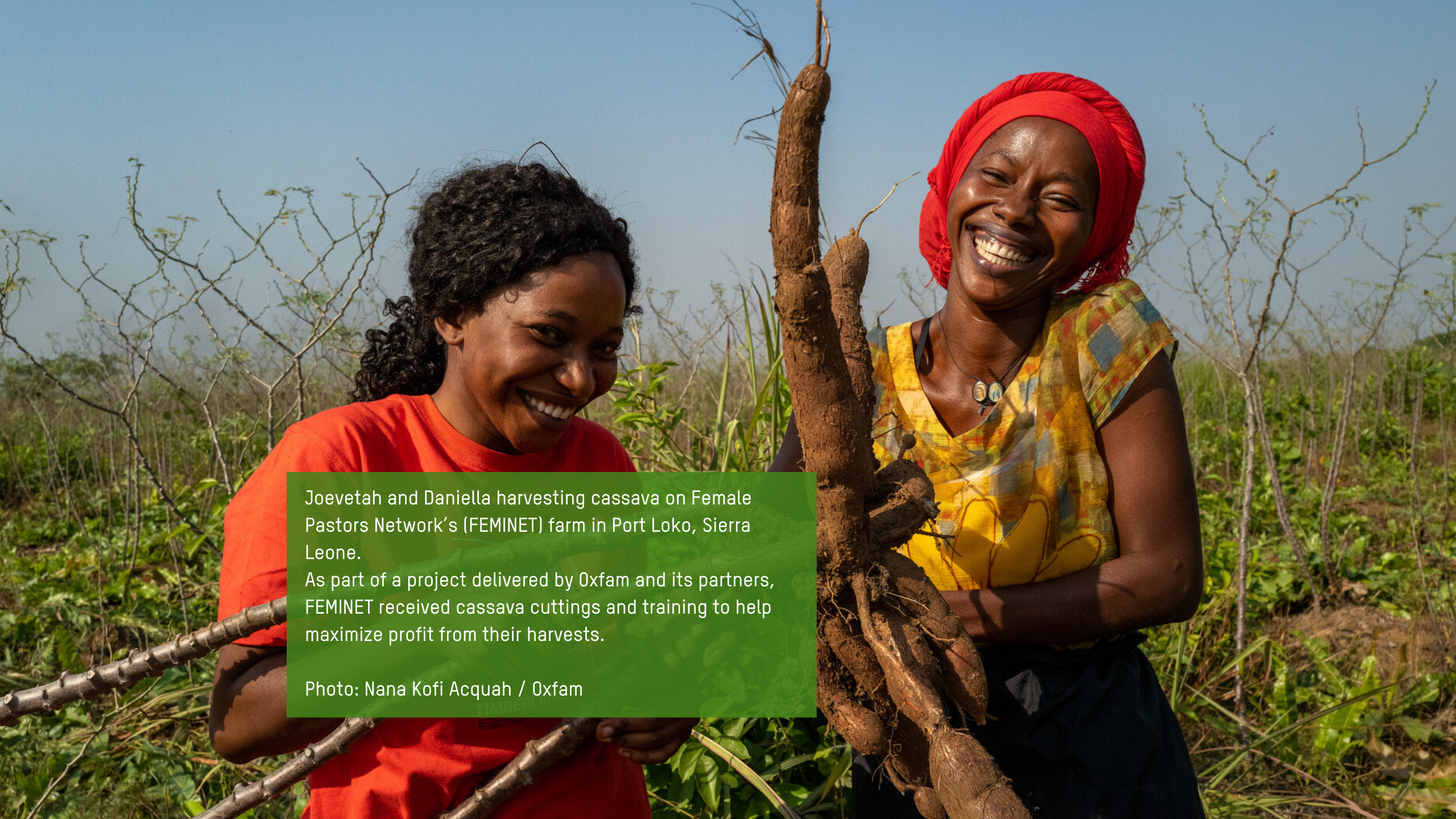
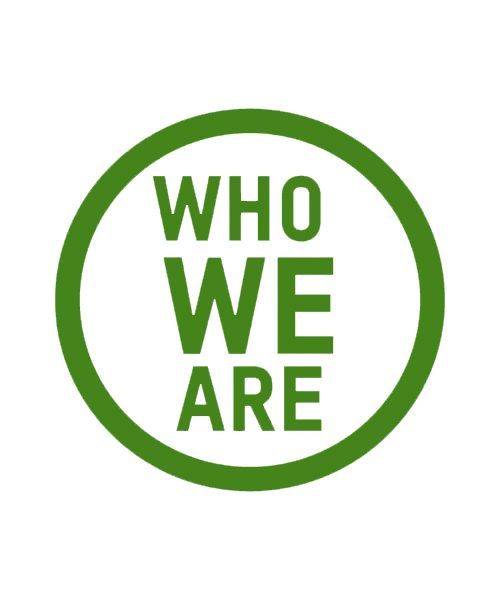
A just and sustainable world.
We fight inequality to end poverty and injustice
Equality: We believe everyone has the right to be treated fairly and to have the same rights and opportunities.
Empowerment: We acknowledge and seek to expand people’s agency over their lives and the decisions that impact them.
Solidarity: We join hands, support and collaborate across boundaries for a just and sustainable world.
Inclusiveness: We embrace diversity and difference and value the perspectives and contributions of all people and communities in their fight against poverty and injustice.
Accountability: We take responsibility for our action and inaction and hold ourselves accountable to the people we work with and for.
Courage: We speak truth to power and act with conviction from the justice of our causes.
We are rights-based: Our work is grounded in our commitment to the universality of human rights and respect for protective legal frameworks.
We are feminist and anti-racist: We recognise that there is no economic, social or environmental justice without justice for all. Our feminist and anti-racist principles guide all our action and interaction.
We fight inequality: We stand firm against poverty and injustice everywhere, working with people, communities, partners, and allies for just and sustainable development and solutions.
We are humanitarian: We work with communities before, during and after crises to build their resilience, protect and save lives, and address together the root causes of conflict and disaster.
We are both local and global: We are a global network of locally rooted, interdependent civil society organisations. We build solidarity and connect people across borders and regions.
We are driven by diversity: We are a multicultural organisation that brings together people and partners of different socio-cultural backgrounds, sex, genders,abilities and ages.
We are a knowledge organisation: We consistently seek to generate new insights that can drive solutions to complex problems. Our programmes, advocacy and campaigning asks are grounded in evidence and experience.
We challenge injustice and inequalities, shaping collective understandings and solutions: We work with the people most impacted to build more just, equitable and sustainable systems, based on our understanding of how these interact and influence each other. We are a global voice on inequality, including economic inequalities that drive poverty, such as unpaid care work; tax justice; climate justice, and responsible business practice.
We work across humanitarian, development and influencing approaches: We provide support and relief to communities in developing countries to protect and rebuild their lives in times of crisis. We work with people and communities experiencing poverty and disadvantage to find sustainable ways to build fair and independent lives, and we mobilise people to stand up and speak out, to influence those in power to ensure that people living in poverty have a say in the critical decisions that affect them, their families and communities.
We amplify the agency and leadership of people experiencing exclusion, exploitation and crises: We support individuals, communities and movements demanding social justice. We have played an important role working with women’s rights organisations and feminist allies to demand an end to violence against women, equal access to education and support women’s economic empowerment.
We hold state and non-state actors, including corporations, to account: We engage and partner with governments, corporations and other duty bearers to ensure their policies and practices provide sustainable solutions to poverty, inequality, injustice and crises.
We leverage our reach and resources to connect, convene and build momentum for our causes: We link activists, organisations and movements across the world, opening spaces, sharing knowledge and capacities and building solidarity. We are a reliable partner and know when to follow, when to lead and when to stand side-by-side with others.
A just and sustainable world.
We fight inequality to end poverty and injustice
Equality: We believe everyone has the right to be treated fairly and to have the same rights and opportunities.
Empowerment: We acknowledge and seek to expand people’s agency over their lives and the decisions that impact them.
Solidarity: We join hands, support and collaborate across boundaries for a just and sustainable world.
Inclusiveness: We embrace diversity and difference and value the perspectives and contributions of all people and communities in their fight against poverty and injustice.
Accountability: We take responsibility for our action and inaction and hold ourselves accountable to the people we work with and for.
Courage: We speak truth to power and act with conviction from the justice of our causes.
We are rights-based: Our work is grounded in our commitment to the universality of human rights and respect for protective legal frameworks.
We are feminist and anti-racist: We recognise that there is no economic, social or environmental justice without justice for all. Our feminist and anti-racist principles guide all our action and interaction.
We fight inequality: We stand firm against poverty and injustice everywhere, working with people, communities, partners, and allies for just and sustainable development and solutions.
We are humanitarian: We work with communities before, during and after crises to build their resilience, protect and save lives, and address together the root causes of conflict and disaster.
We are both local and global: We are a global network of locally rooted, interdependent civil society organisations. We build solidarity and connect people across borders and regions.
We are driven by diversity: We are a multicultural organisation that brings together people and partners of different socio-cultural backgrounds, sex, genders,abilities and ages.
We are a knowledge organisation: We consistently seek to generate new insights that can drive solutions to complex problems. Our programmes, advocacy and campaigning asks are grounded in evidence and experience.
We challenge injustice and inequalities, shaping collective understandings and solutions: We work with the people most impacted to build more just, equitable and sustainable systems, based on our understanding of how these interact and influence each other. We are a global voice on inequality, including economic inequalities that drive poverty, such as unpaid care work; tax justice; climate justice, and responsible business practice.
We work across humanitarian, development and influencing approaches: We provide support and relief to communities in developing countries to protect and rebuild their lives in times of crisis. We work with people and communities experiencing poverty and disadvantage to find sustainable ways to build fair and independent lives, and we mobilise people to stand up and speak out, to influence those in power to ensure that people living in poverty have a say in the critical decisions that affect them, their families and communities.
We amplify the agency and leadership of people experiencing exclusion, exploitation and crises: We support individuals, communities and movements demanding social justice. We have played an important role working with women’s rights organisations and feminist allies to demand an end to violence against women, equal access to education and support women’s economic empowerment.
We hold state and non-state actors, including corporations, to account: We engage and partner with governments, corporations and other duty bearers to ensure their policies and practices provide sustainable solutions to poverty, inequality, injustice and crises.
We leverage our reach and resources to connect, convene and build momentum for our causes: We link activists, organisations and movements across the world, opening spaces, sharing knowledge and capacities and building solidarity. We are a reliable partner and know when to follow, when to lead and when to stand side-by-side with others.
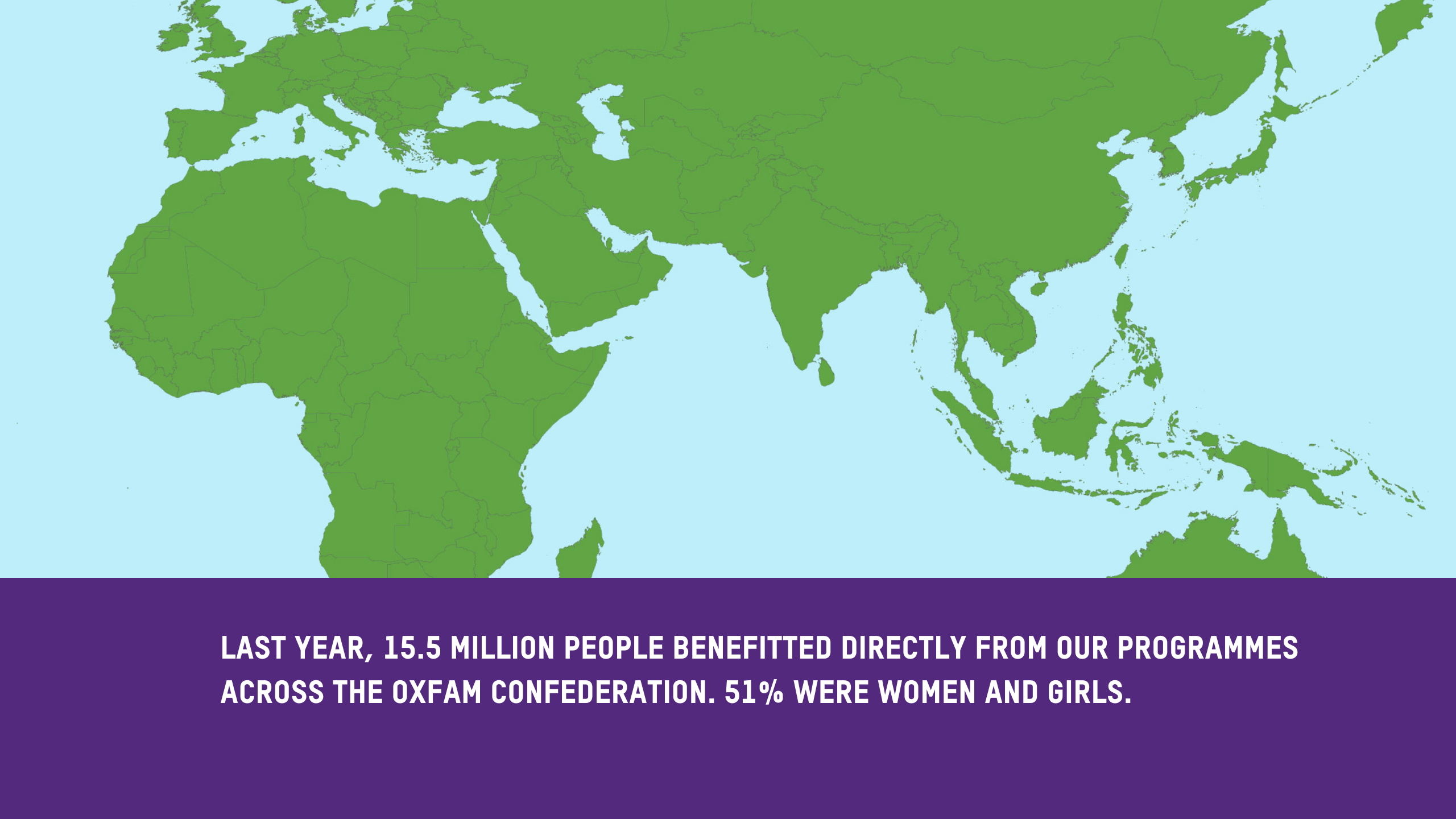
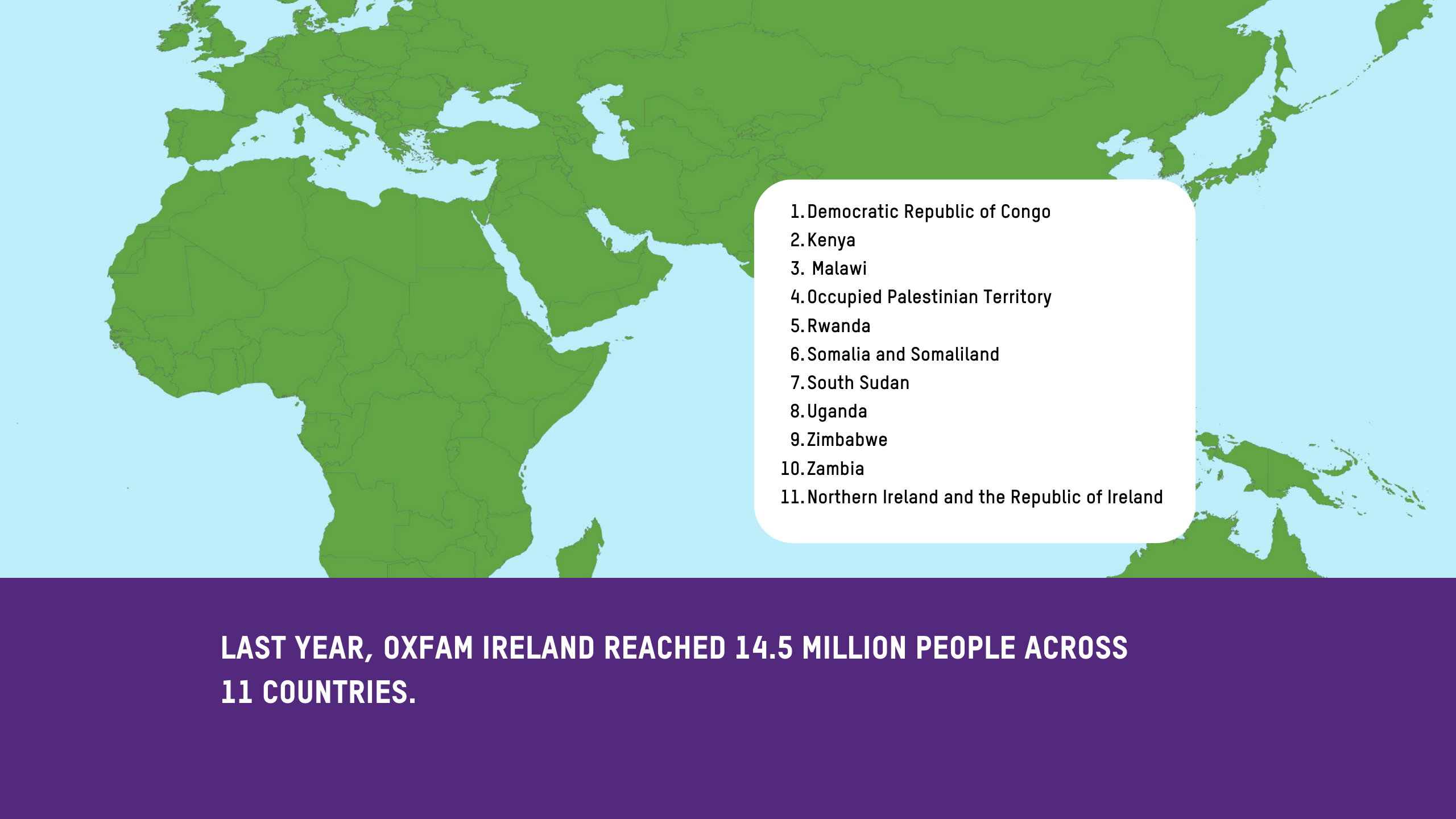
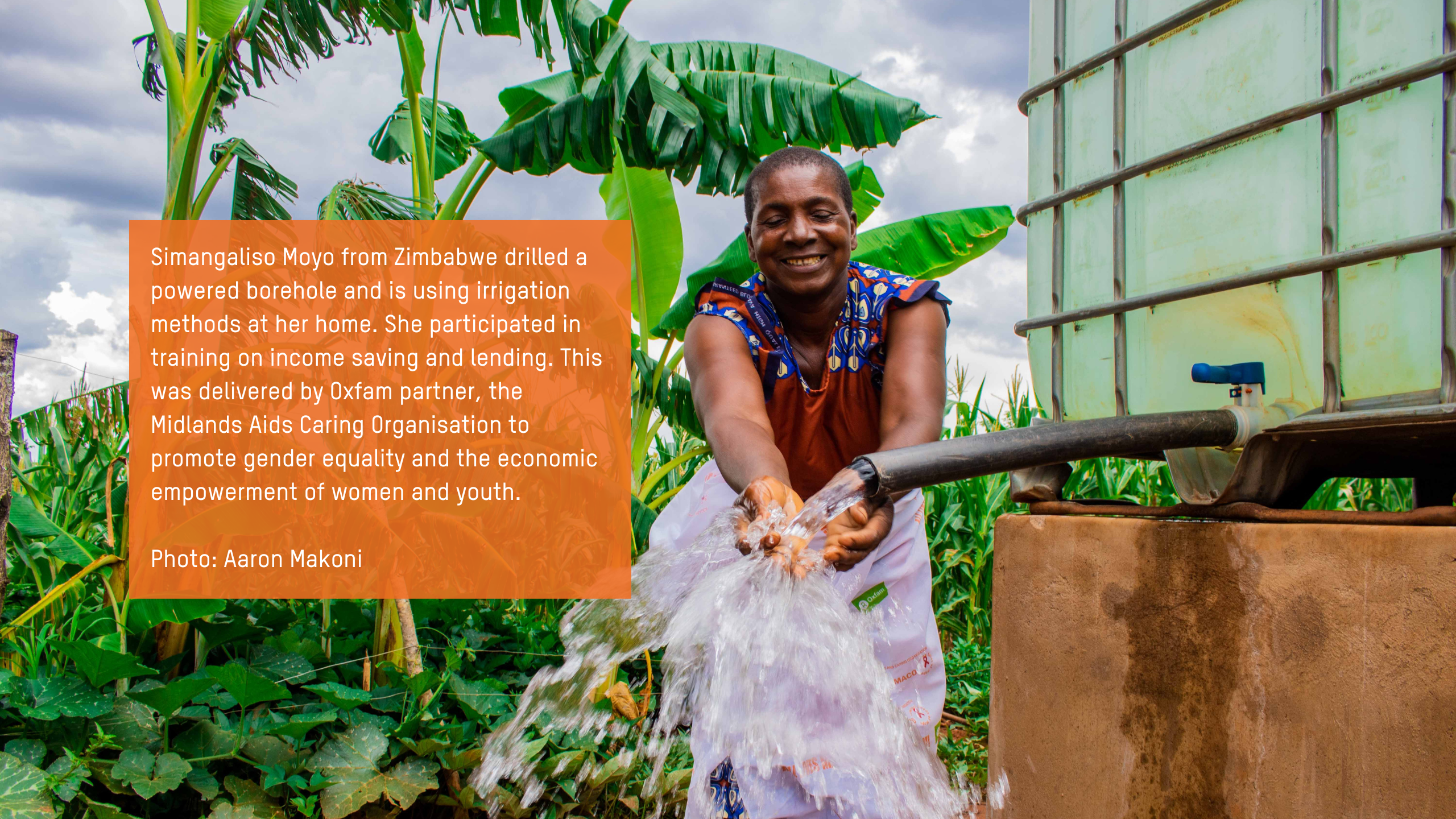
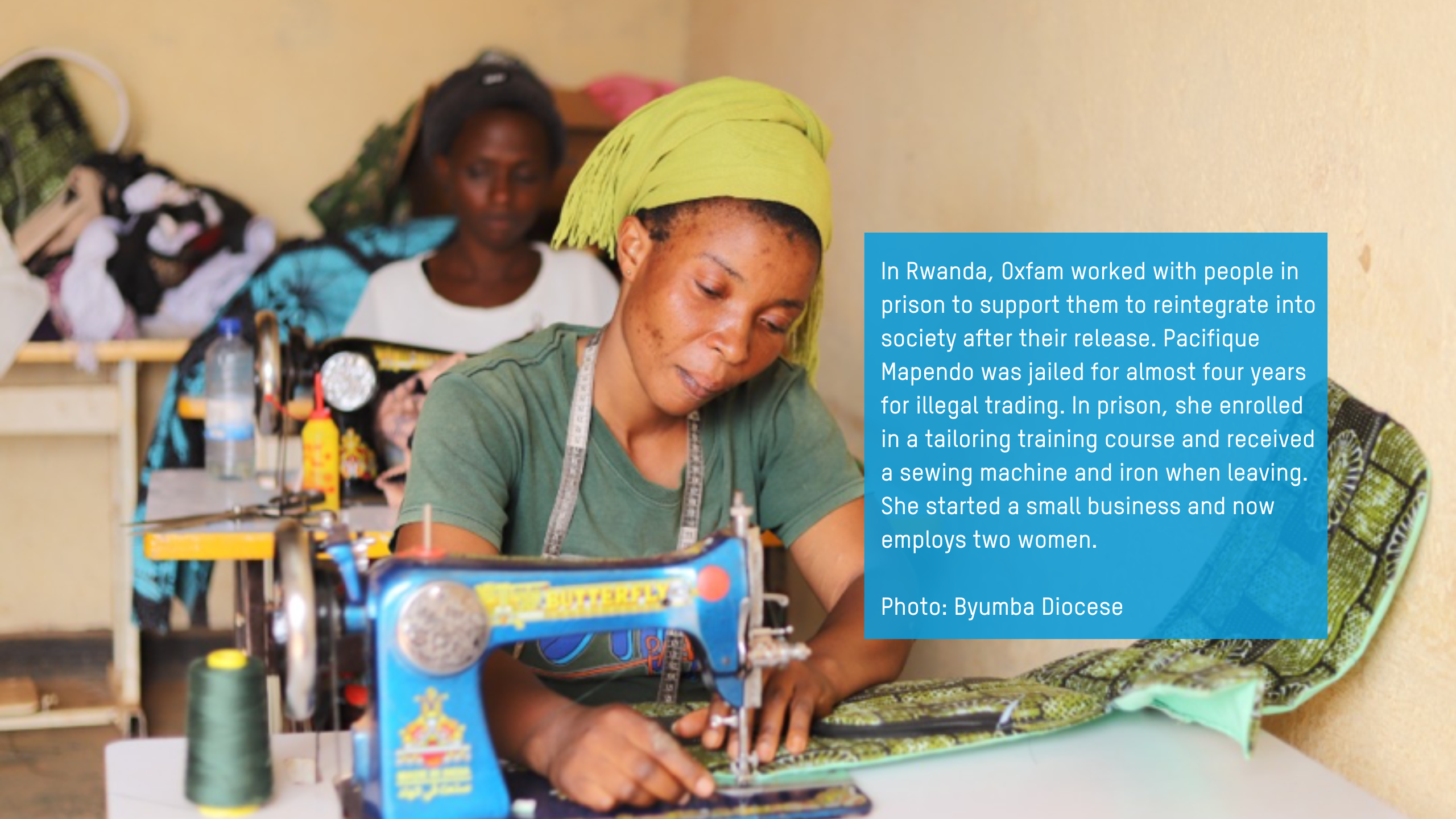
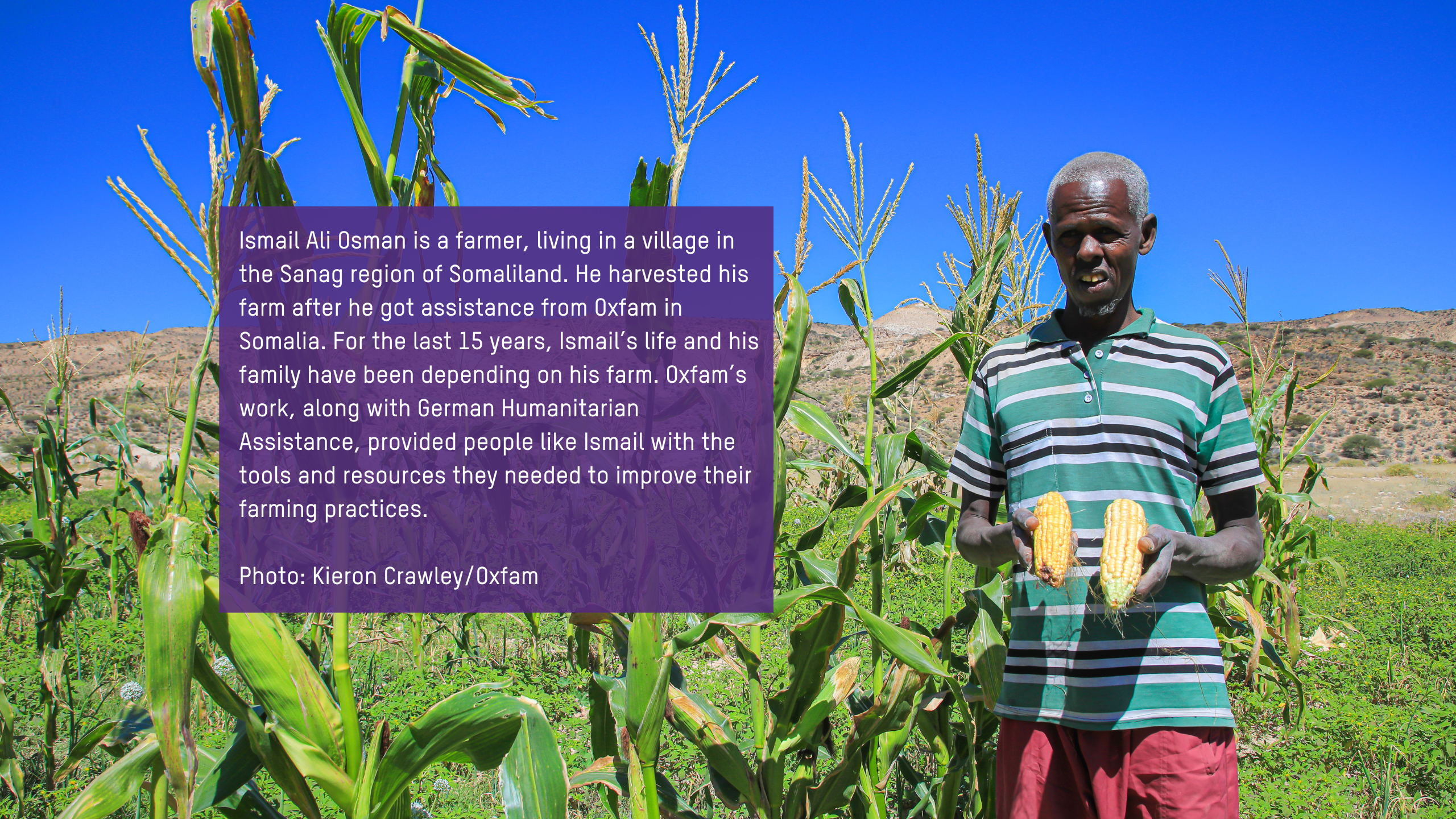
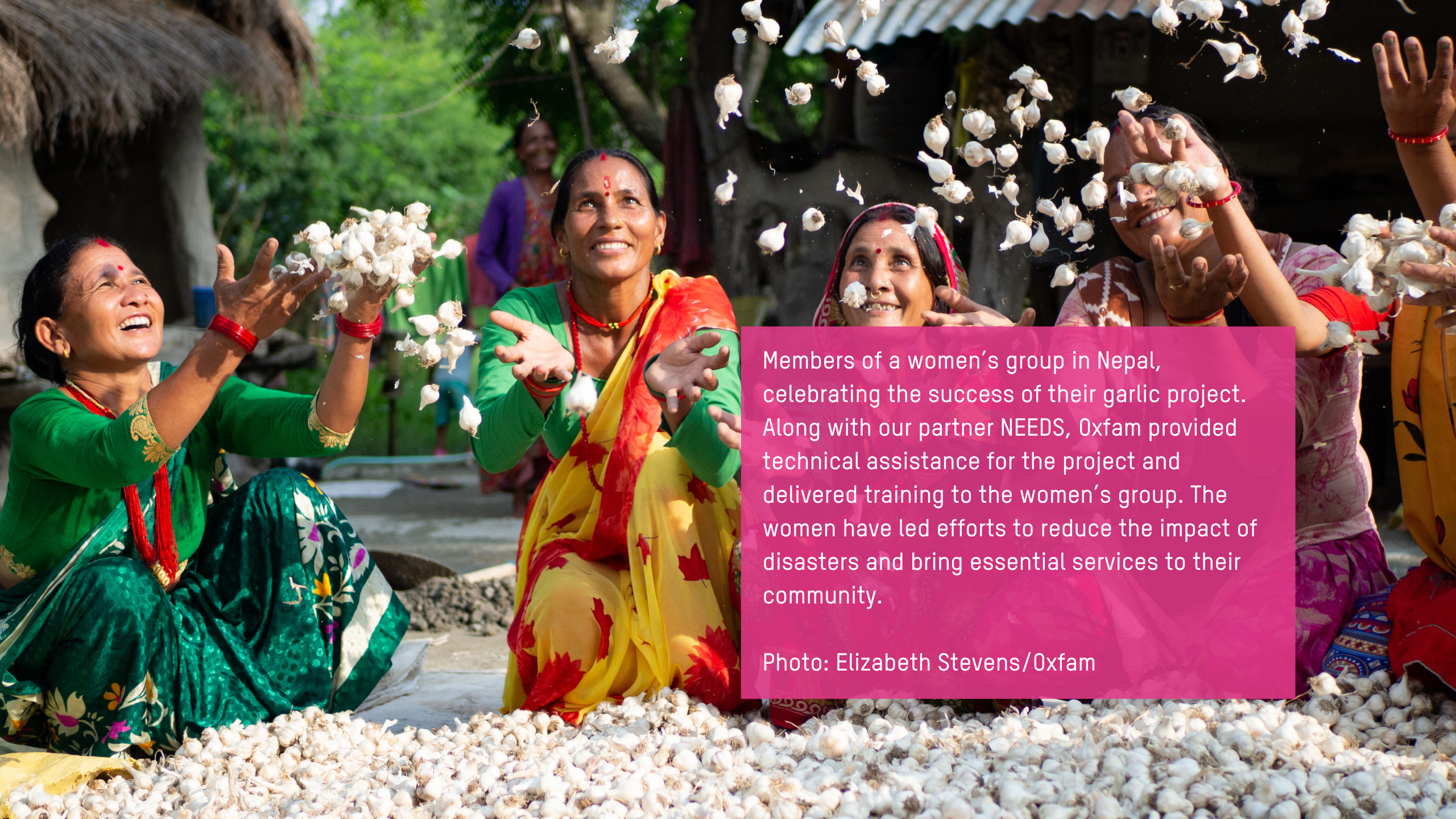
Critical Milestones Checklist
Years one to three: 2021-2023
Develop first three year horizon plan (2021- 2023)
Review and adapt trading strategy in response to the ongoing impact of the Covid- 19 pandemic
Enhance our management information Systems to enable the staff to work more effectively as a flexible dispersed and well-connected team
Begin to transition existing programmes and influencing work according to the new strategic framework and invest in new initiatives to achieve our goals
Develop a new fundraising strategy to support Oxfam Ireland to grow and diversify it's income up to 2030
Develop a new influencing agenda which challenges inequality, climate change and promotes gender justice
Develop a monitoring and reporting framework for measuring results and impact
Implement learning and knowledge approaches to help us understand how we contribute to systems change
Develop a new partnerhsip strategy
Achieve formal recognition for our top-class governement process
Define and embed an organisational culture
Further strengthen organisational systems, policies and processes aligned to restricted funding obligations
Develop and implement a new supporter engagement strategy
Complete and evaluate first three year horizon plan
Nothing is currently off track.
OUR VISION FOR 2030
Our Four Goals and Strategic Objectives
In line with our 10-year strategic framework, we deliver a range of programme work, including long-term development projects, humanitarian action, influencing and campaigning, to achieve our four goals.
GOAL 1
JUST ECONOMIES
GOAL 2
GENDER JUSTICE
GOAL 3
CLIMATE JUSTICE
GOAL 4
ACCOUNTABLE GOVERNANCE
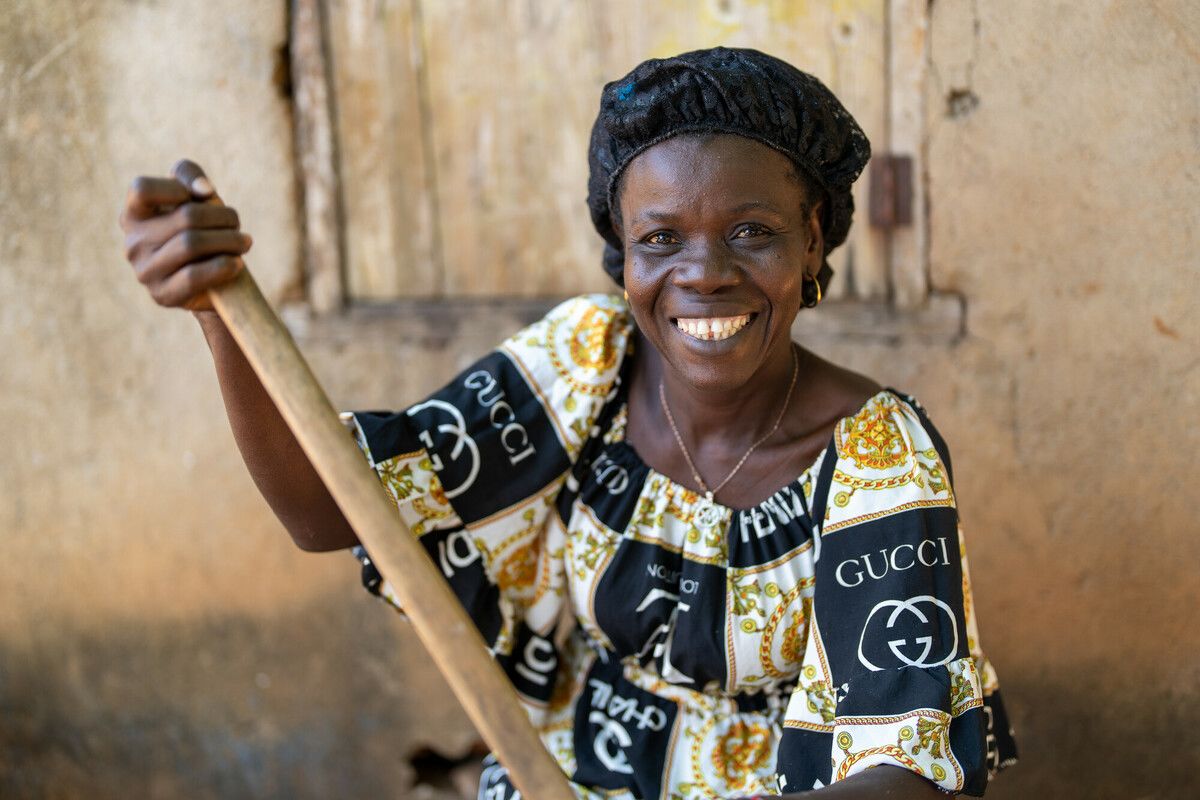
Goal 1:
Just Economies
People and planet are at the centre of feminist and sustainable economic systems that address inequality and end poverty.
In Ireland and globally, we work to ensure that governments and the private sector fulfil their obligations and are held accountable whenever they contribute to inequality or the climate crisis. We support the economic empowerment of women, young people and marginalised groups.
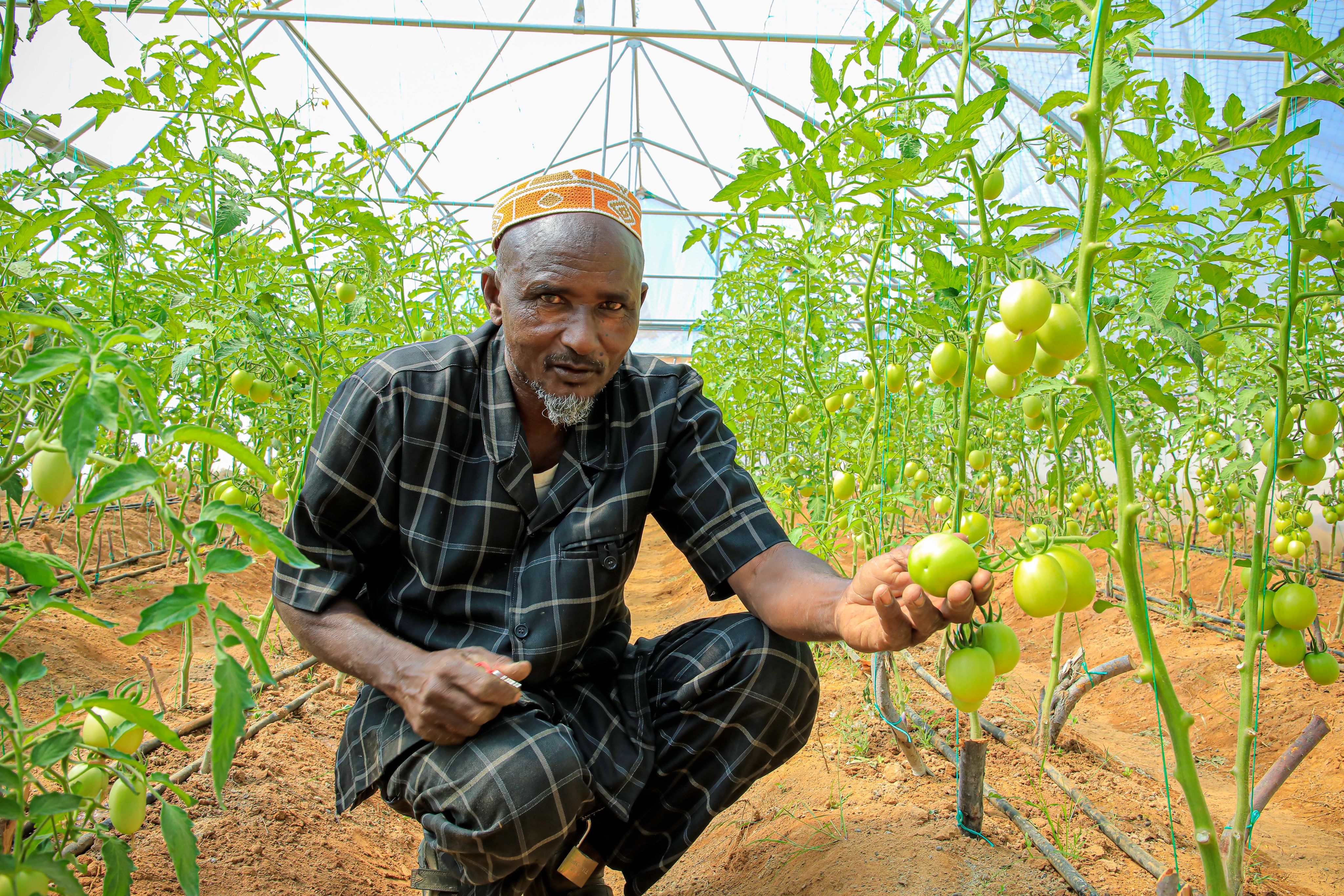
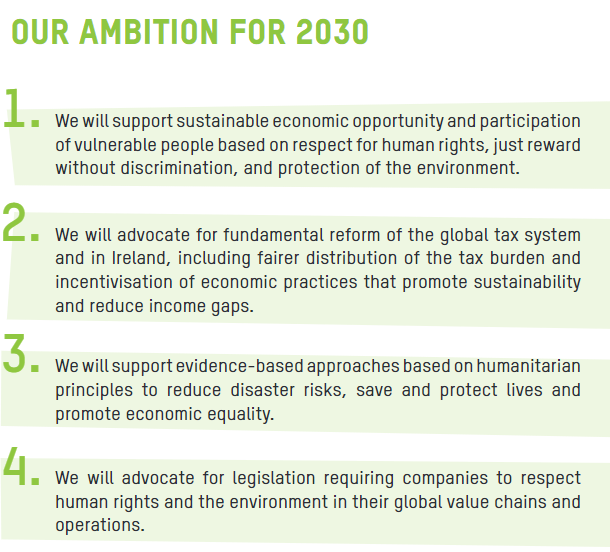
In Zimbabwe 460 food-insecure families (2,200 individuals) were supported with cash and voucher assistance, allowing them to access food and essential goods.
In the Democratic Republic of Congo 291 men and 391 women, including internally displaced persons and members of host communities, were trained in food production, collective organisation, market analysis, and preparation of business plans.
In Uganda 240 young people received Cash-Time Application training, which was on village savings and credit associations, focused on setting up and growing businesses and using digital tools.
In Ireland, we continued our work on economic justice, in particular our advocacy work on taxing extreme wealth.
Goal 2:
GENDER JUSTICE
Women and girls in all their diversity live free from gender oppression, discrimination and violence.
We’re working to end the unequal and oppressive policies and practices that prevent women and girls and the LGBTQI+ community from living full, free lives.
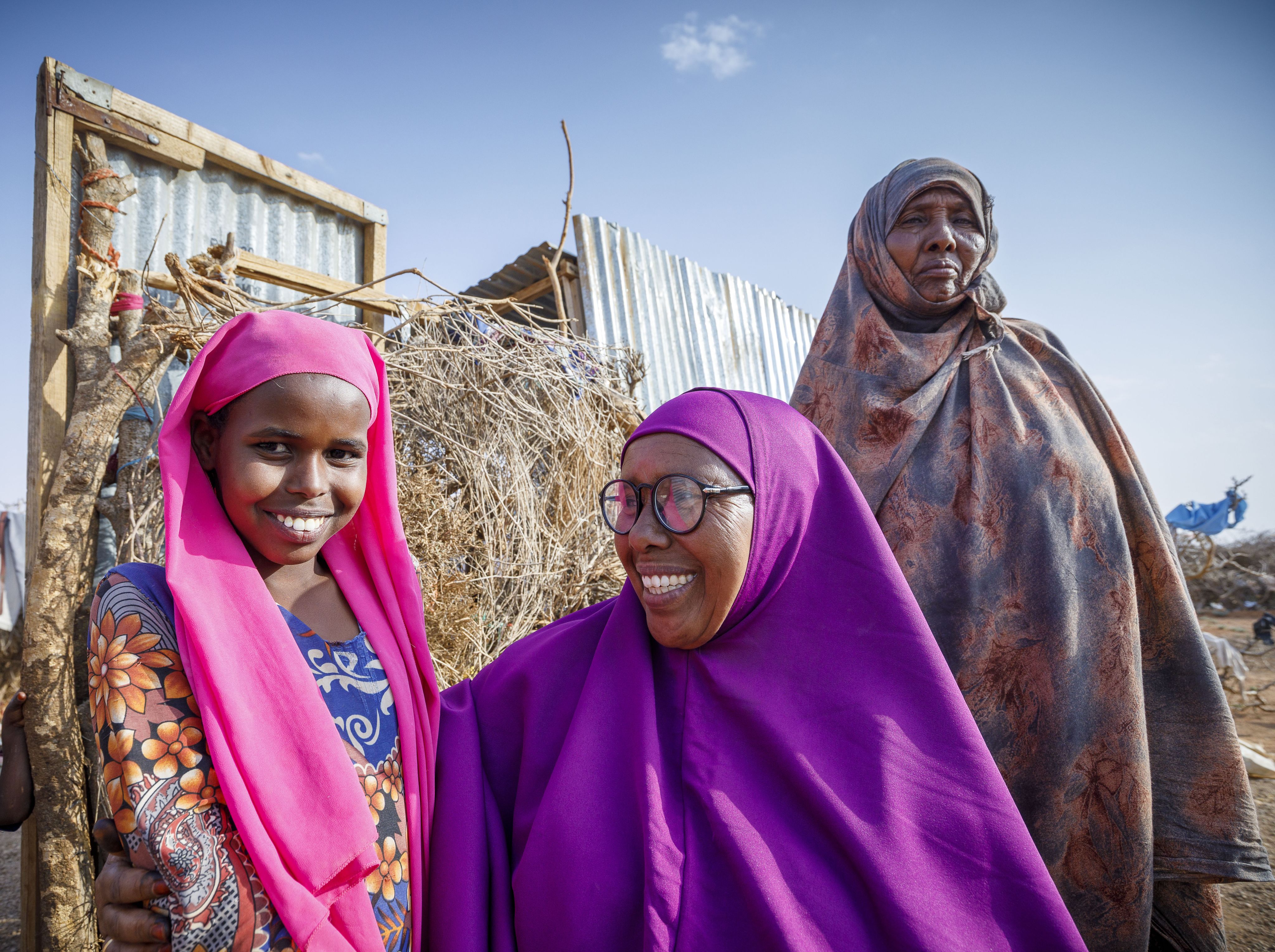
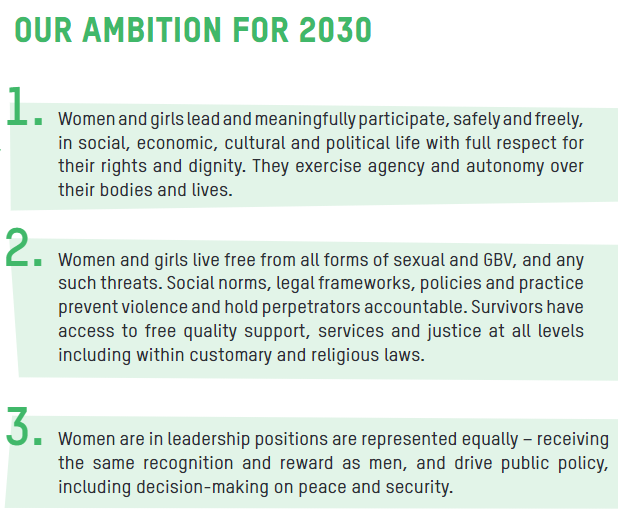
In Malawi, 1.3 million people were reached through our ENOUGH campaign to promote gender equality and Ending Violence Against Women and Girls.
In Kenya 200 vulnerable adolescent schoolgirls were provided with dignity kits.
In Rwanda 210 smartphones were distributed to educators to help with community campaigns and information on gender-based violence.
Goal 3:
CLIMATE JUSTICE
The climate crisis is abated, environmental ‘tipping points’ are averted through well-resourced, radical solutions which improve people’s well-being, and there is environmental justice for all.
We want to see governments and big business across the world do more to protect our planet, recognising that climate change is a man-made disaster that is already reversing progress made in the fight against poverty and inequality.
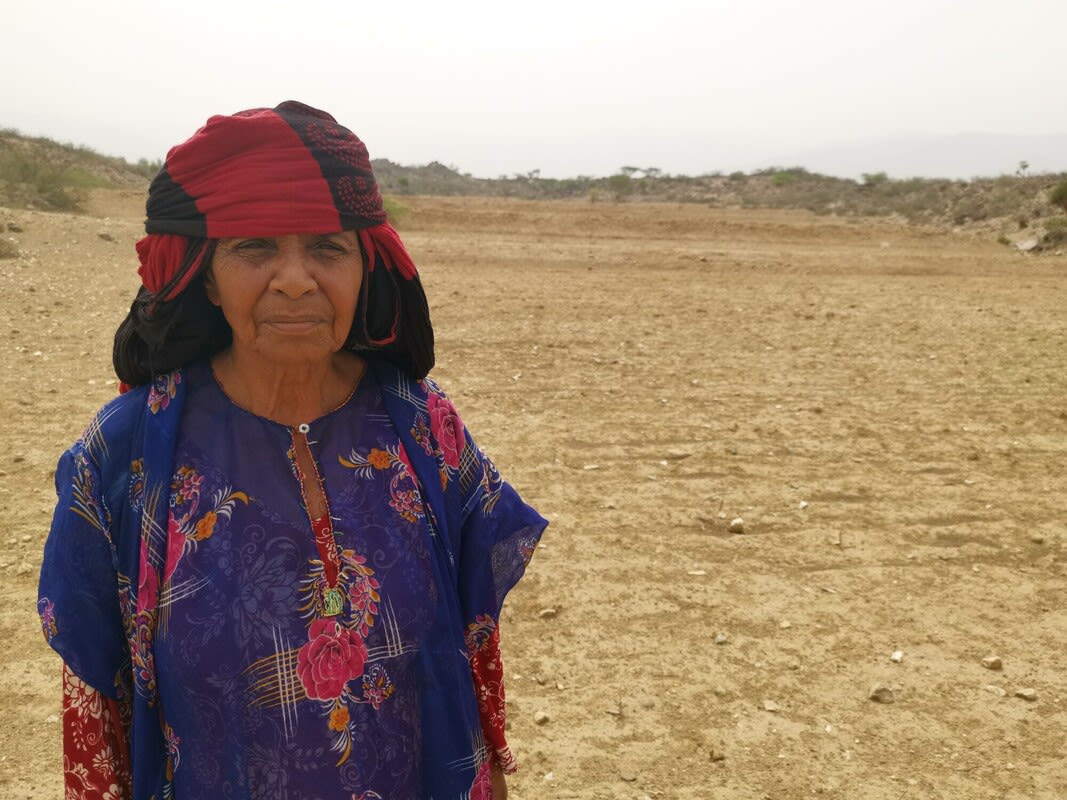
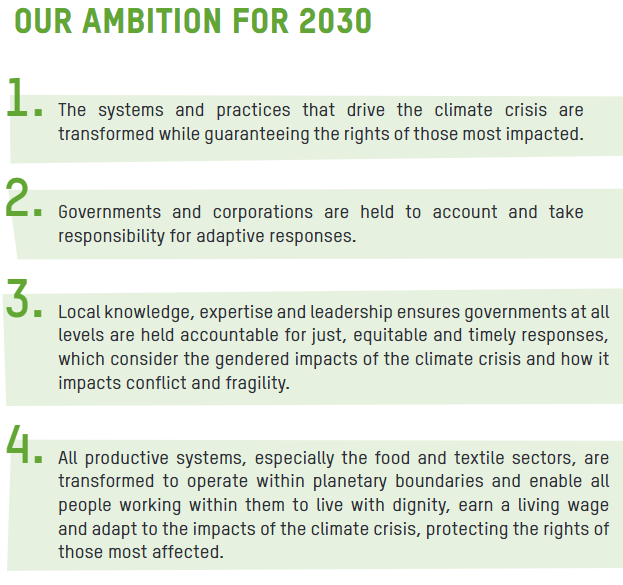
Throughout the year, our work on climate justice focused on fixing our food systems and ensuring that those most responsible for the climate crisis take responsibility for the damage caused and support communities most impacted.
We were one of two agencies who travelled to Kenya with the Minister of State for Overseas Development Assistance and Irish Aid, which resulted in increased funding for the region.
Ahead of COP27, we took part in a hearing of the Oireachtas Environment and Climate Action Committee. This was a wide-ranging discussion focussed on Ireland’s domestic targets for reaching its Paris Agreement goals, as well as its COP27 objectives.
Goal 4:
Accountable Goverance
Governance systems and governments are people and planet centred, just, inclusive and accountable.
We want the systems and structures that govern our world to be transformed to tackle poverty and inequality, instead of often perpetuating them. We demand accountable and inclusive governance, that upholds the hard-won gains achieved by global movements across human rights and women’s rights.
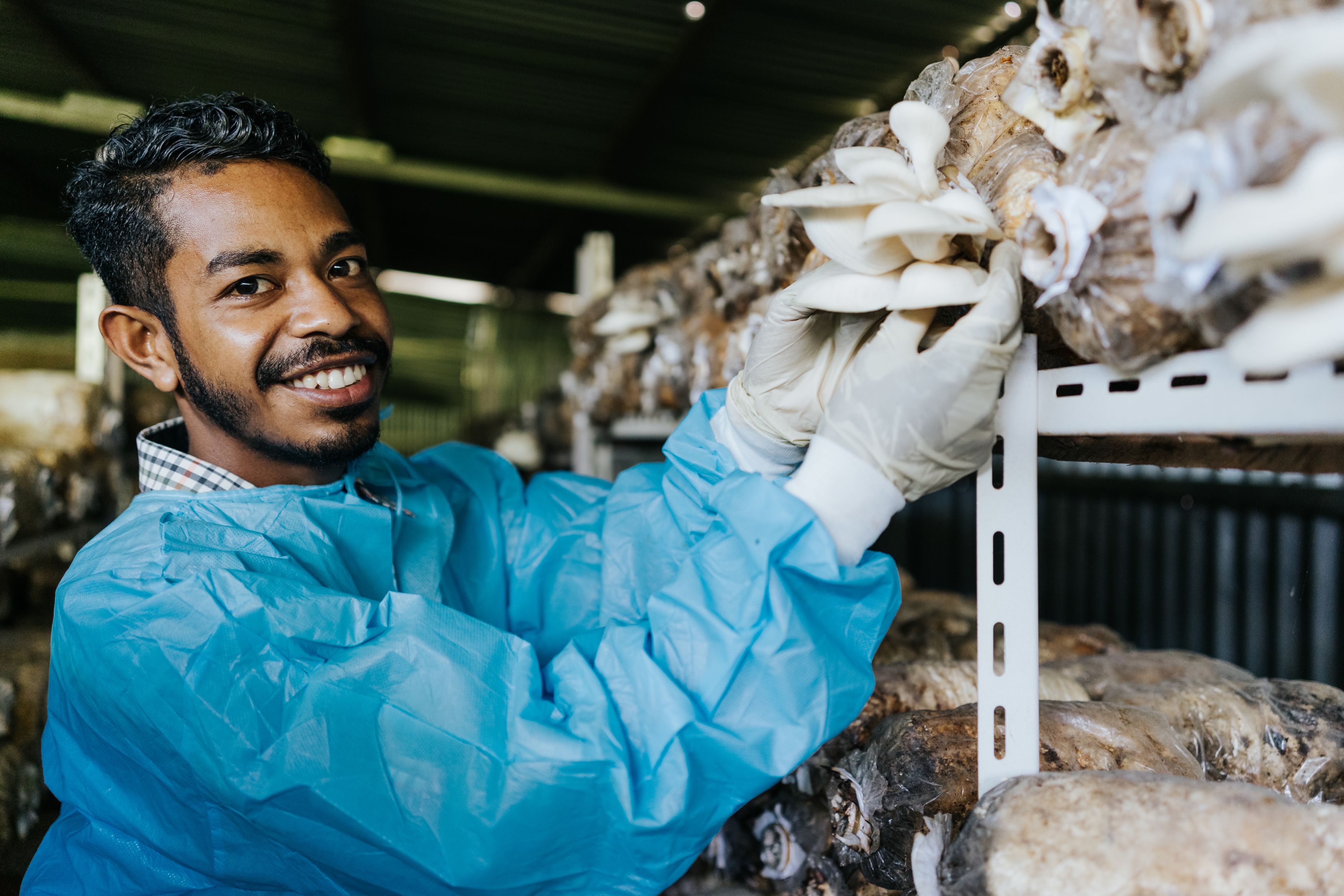
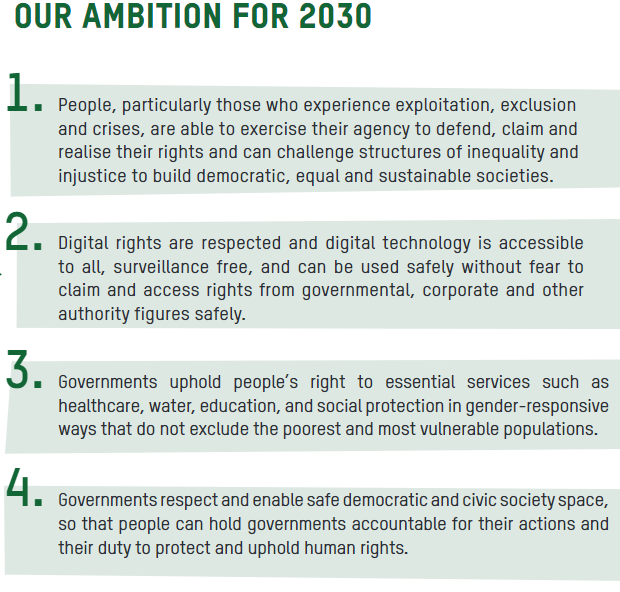
In Zambia 21 community budget groups were formed with 265 members in five districts through the EU-funded Beyond the Numbers project.
In South Sudan 26,640 individuals were reached with public health information through mass awareness raising sessions, campaigns at public gatherings, and radio.
In Occupied Palestinian Territory 42,265 individuals (21,133 females and 21,132 males) were provided with improved healthcare services at three primary healthcare clinics.
How we spent our money
In 2022/2023, we continued to raise vital funds thanks to the generosity of our supporters and people across the island of Ireland.
How we maximised your donations
81% ensures we can provide life-changing long-term development projects, life-saving humanitarian assistance and campaigning and advocacy to tackle the root causes of poverty and injustice.
14% ensures we are doing everything we can to raise funds from different types of donors and to let the public know about our work.
5% ensures we work in the most efficient and effective way, and the money donated is spent wisely and well managed.
In emergency appeals, 100% of your donation goes to that specific response fund, providing vital and practical supports such as clean water, sanitation, food and the crucial staff costs to deliver the response.
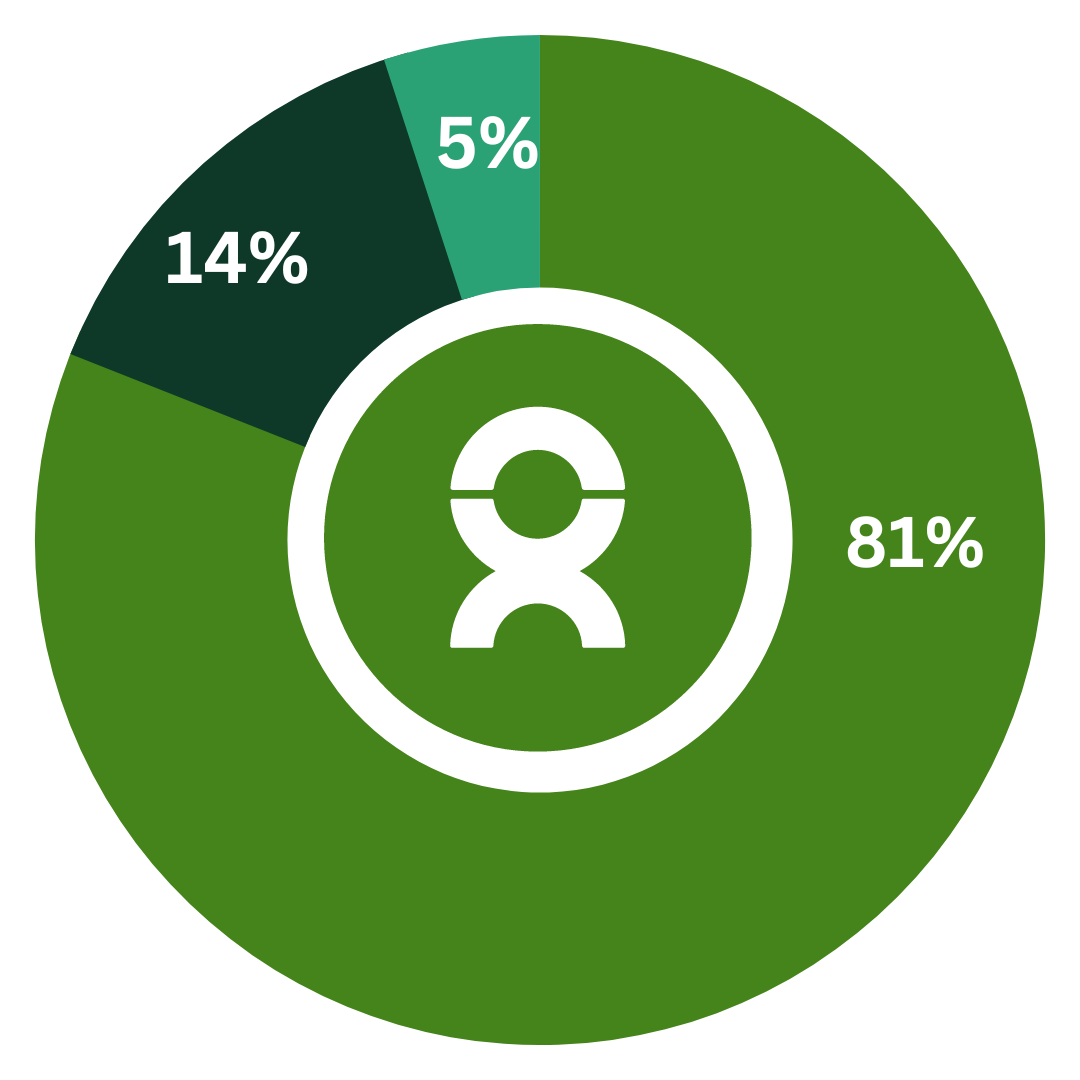

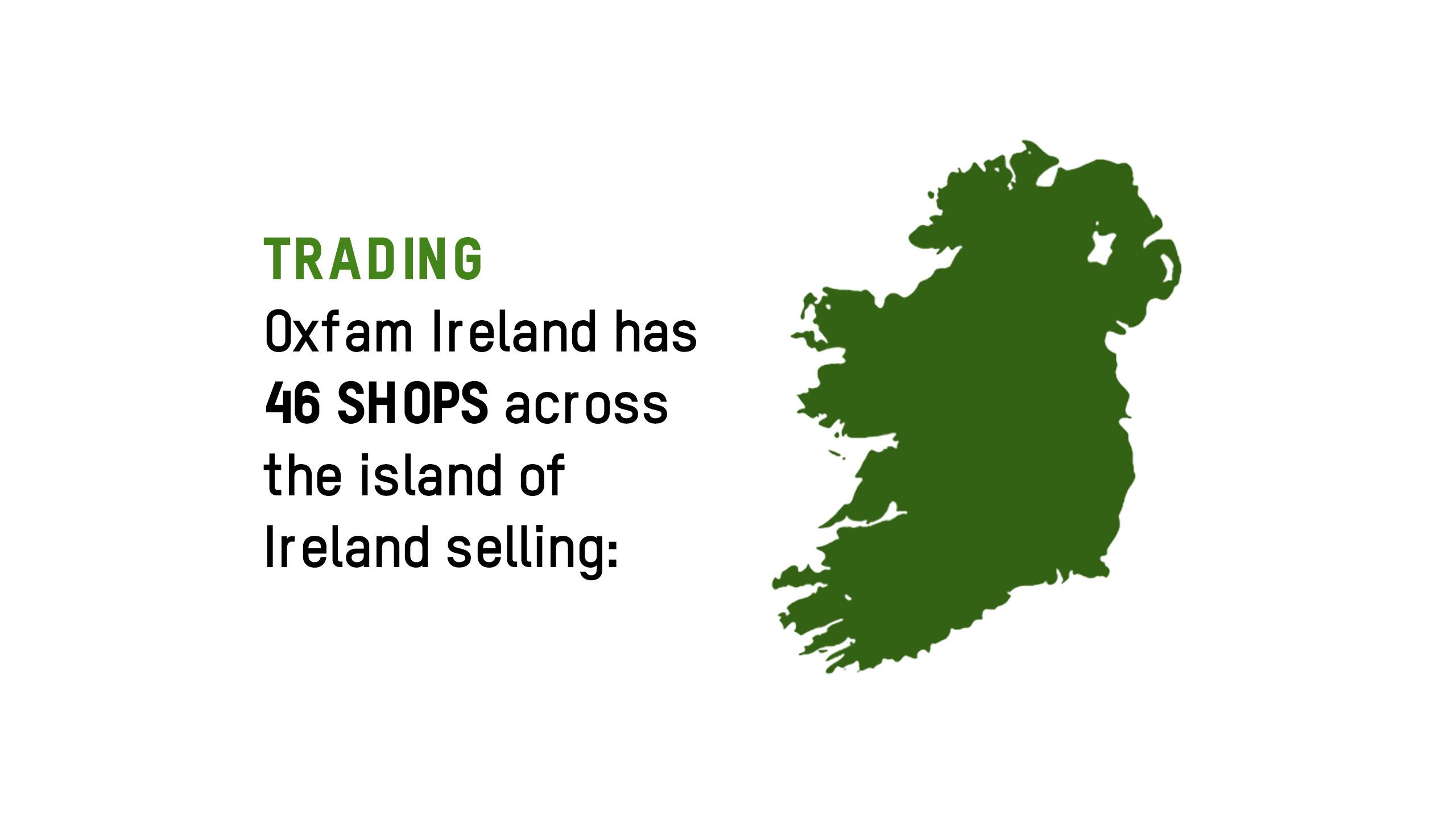
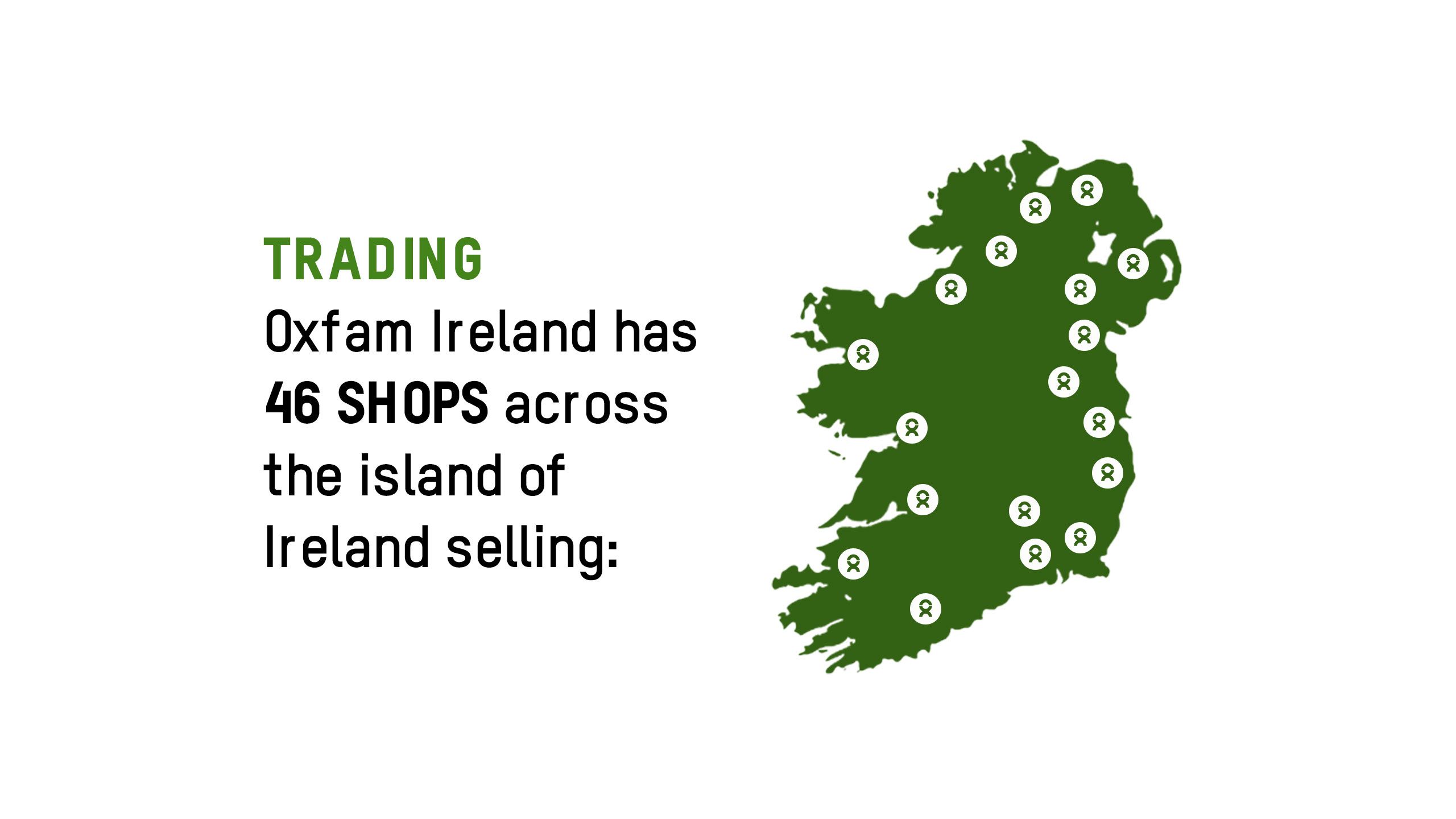
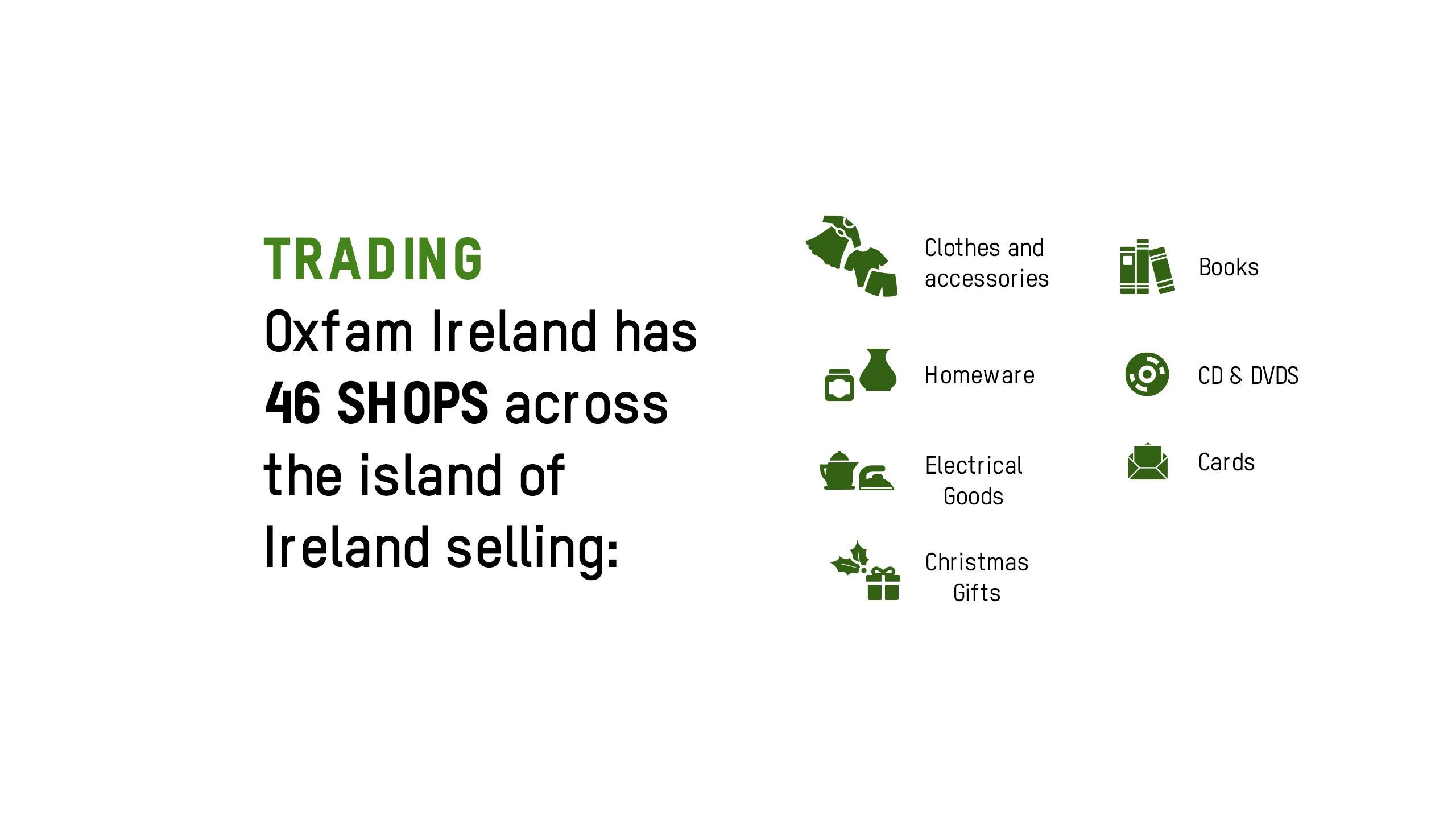
Read our annual report in full below
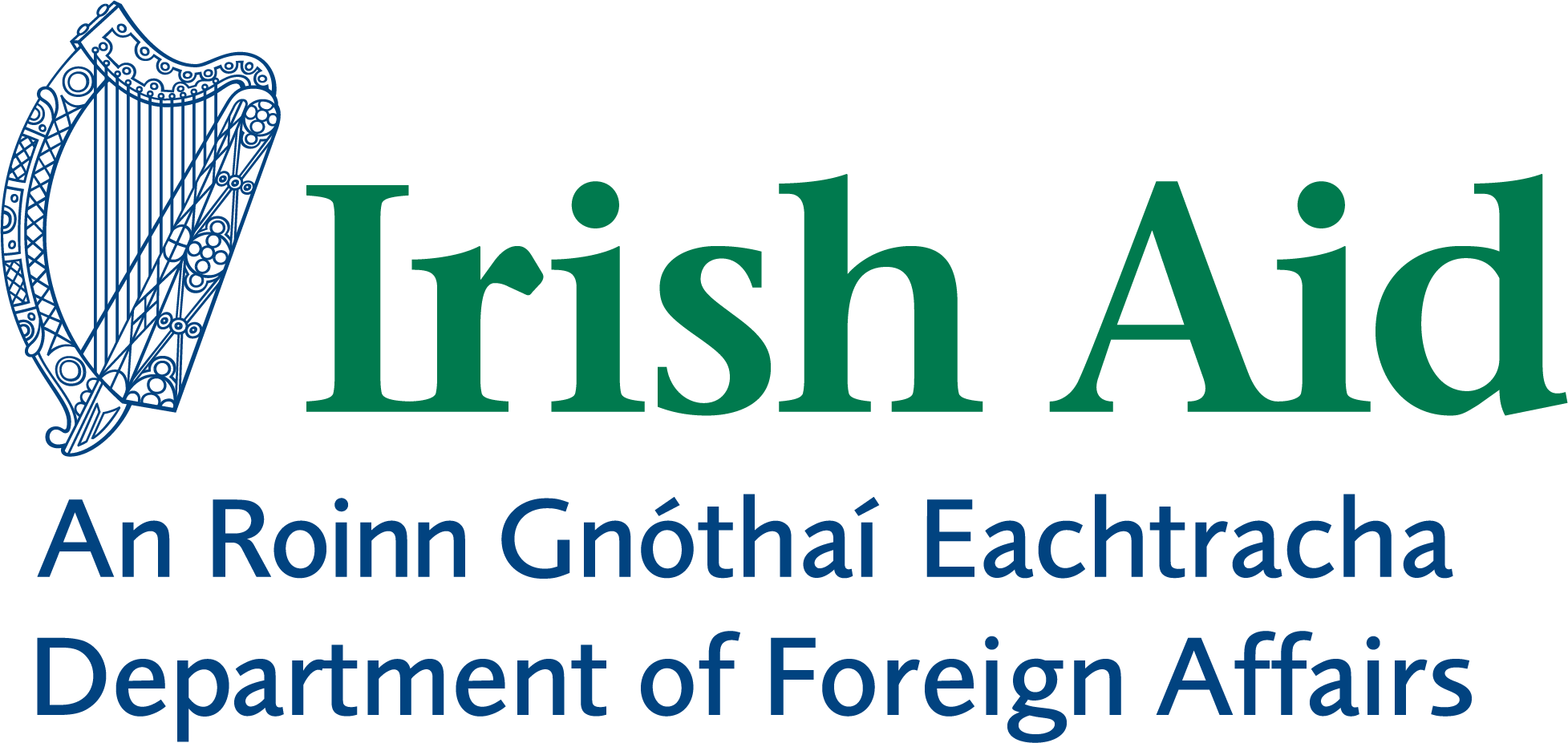

JOIN US
Sign up to stay informed of latest news concerning Oxfam Ireland and how you can get involved

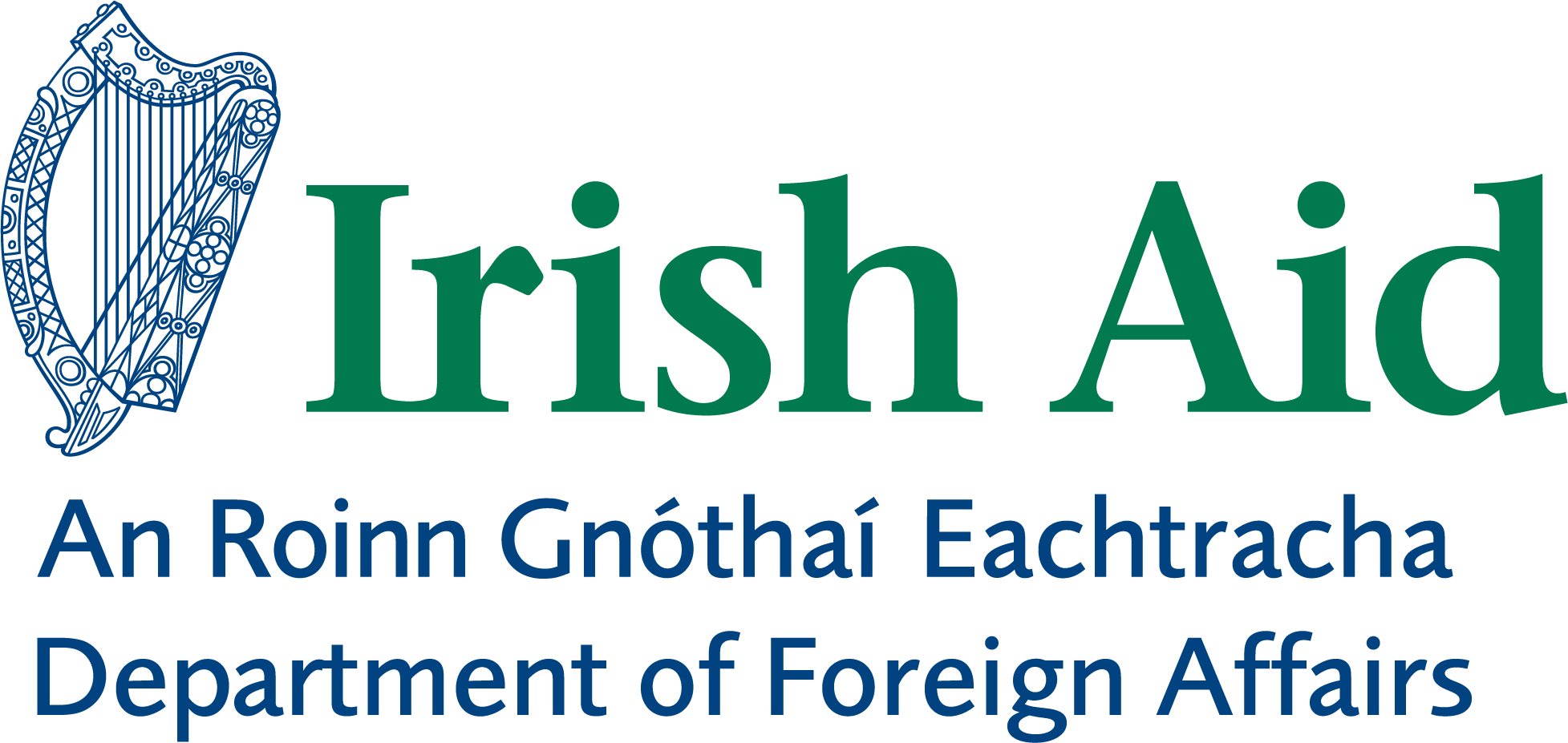

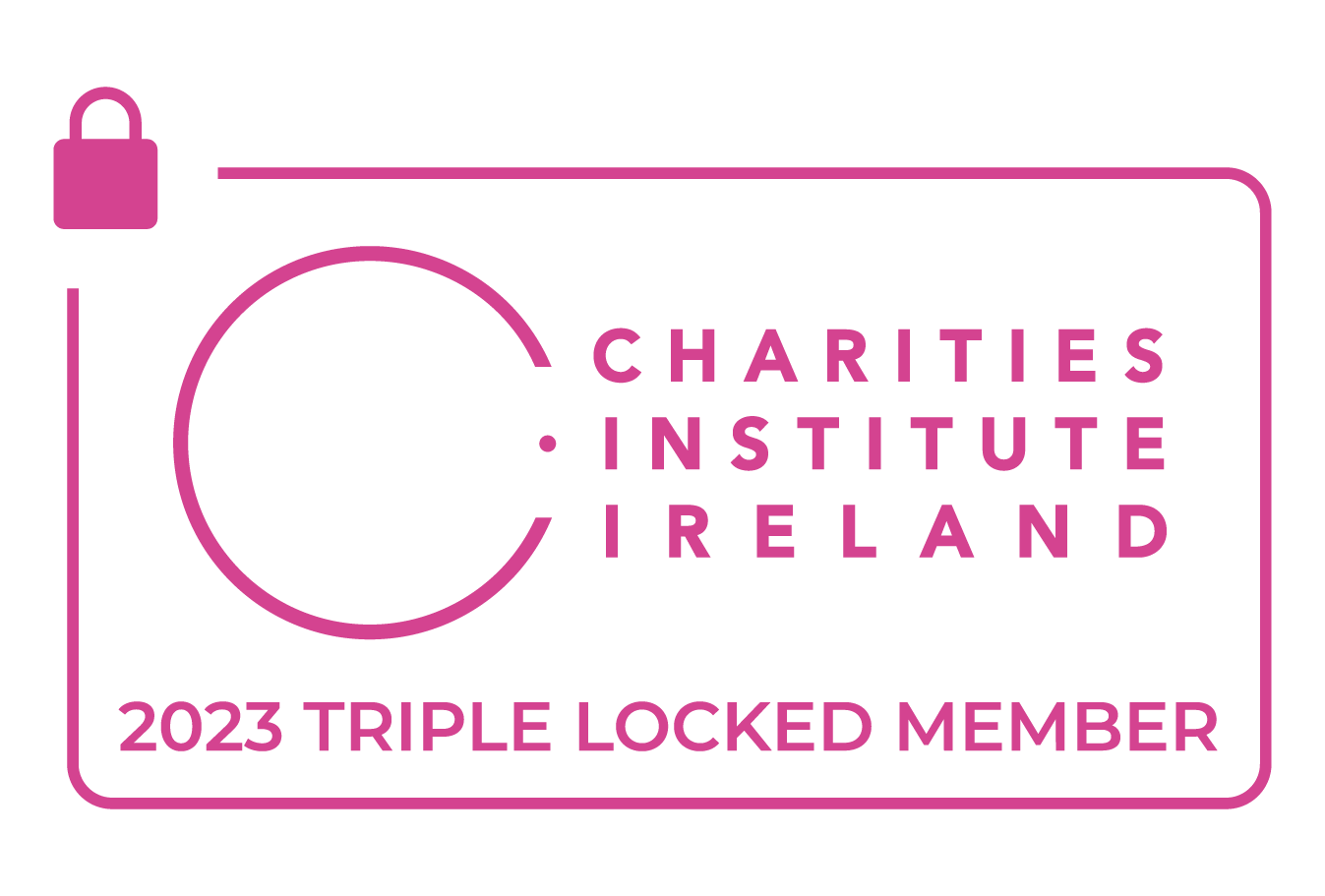
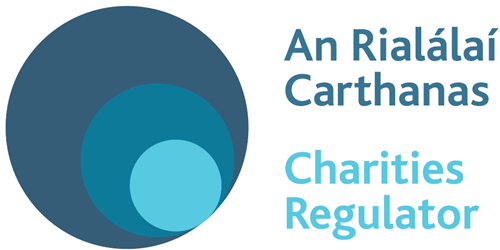




Follow us on social media